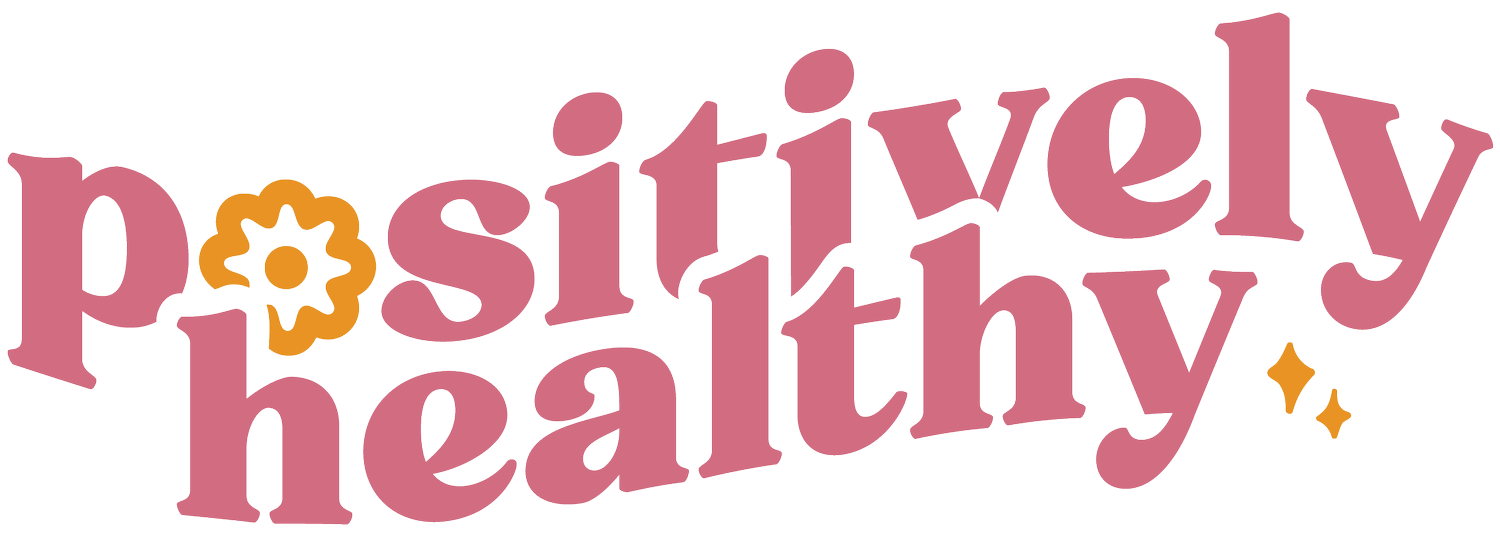3 Tips to Reduce Stress for Busy Moms
On a recent episode, I had the pleasure of connecting with my friend and a truly fascinating health expert, Becca Kyle, a Functional Diagnostic Nutrition Practitioner. From the moment I met her, I was intrigued by her unique approach to well-being—a method that goes beyond symptoms to find the real source of a problem.
As a mom and a wellness coach, I'm always looking for ways to get to the core of an issue, and Becca’s work does just that.
What is a Functional Diagnostic Nutrition Practitioner?
It’s a mouthful, but as Becca explains, the title simply means she's a "health detective." Unlike traditional medicine, which often focuses on managing symptoms with medication, a functional practitioner is a detective who looks for the root cause of what's driving your health struggles.
Becca believes that symptoms like fatigue, pain, anxiety, and brain fog aren't the problem themselves—they are a result of the problem. Her mission is to figure out what's really going on beneath the surface by looking for metabolic chaos in the body, which can be caused by:
Toxins and pathogens
Nutrient deficiencies (because you are what you absorb, not just what you eat)
Stress and lifestyle factors
Gut and hormonal imbalances
As a detective, she connects the dots to understand why one symptom might be driven by dysfunction somewhere else.
The Detective’s Toolkit: Finding Clues with Lab Work
To get to the bottom of these issues, Becca uses functional lab work—stool, urine, hair, saliva, and blood samples—to get a complete picture of your internal environment. She gave a great example: if you suffer from insomnia, simply taking a sleep aid isn't the solution. The question is, why are you not sleeping?
Is it high cortisol? A mineral deficiency? A pathogen that's disrupting your sleep cycle?
This approach is about assessing the whole person—body, mind, and spirit. As Becca says, "Your biology becomes your biography." Every experience, good or bad, shapes your health at a cellular level.
The Three Buckets of Stress
For both moms and teenagers, the nervous system impacts everything—from sleep and mood to gut health. Becca simplifies stress by breaking it into three categories:
Social/Emotional/Relational: Stress from family, work, friends, or major life events.
Physical: Stress from injury, poor posture, or spinal misalignment.
Biochemical: Internal stressors from toxins, pathogens, nutrient deficiencies, or imbalanced hormones.
When one or more of these stress buckets overflows, your body prioritizes survival over key functions like digestion, memory, and hormone balance. This makes addressing stress a critical first step toward healing.
Practical Tips for Balancing Your Nervous System
Our bodies are designed for acute stress, not the chronic stress of modern life. The best way to get out of "fight or flight" mode and into "rest and digest" mode is through two simple but powerful practices: rest and play.
Rest: This is obvious, but often the first thing we neglect. Prioritize sleep, especially the hours between 10 p.m. and 2 a.m., which are the most restorative for your body.
Play: This is often the first thing to go when we're stressed, but it's essential for resetting the nervous system. Whether it’s dancing, painting, hiking, or reading, find time for activities that bring you joy.
Becca also shared her top four foundational tips for balancing your nervous system:
Early Morning Sunlight: Get at least 10 minutes of morning sunlight outside, preferably without glasses or contacts. This helps reset your hormones and supports better sleep.
Movement in Nature: A morning walk or even just sitting outside can make a huge difference.
Protein, Fat, and Fiber Breakfast: Eat a balanced breakfast within 60 minutes of waking. This stabilizes blood sugar, which in turn supports stable moods and energy. Avoid carb-heavy breakfasts like oatmeal or fruit-only smoothies.
Protect Your Sleep: Make sleep a priority, especially during those core restorative hours.
Some examples of balanced breakfasts include scrambled eggs with sausage and avocado, a well-rounded protein smoothie, or overnight chia seed pudding.
Connect with Becca
Becca’s brand is called Holistic Obsession, and you can find her at holisticobsession.com. She offers a free connection call where you can share your story and health goals in a safe, judgment-free space.
Her work is a powerful reminder that we can empower ourselves by becoming detectives in our own health journeys, looking beyond the symptoms to find the true root cause.

